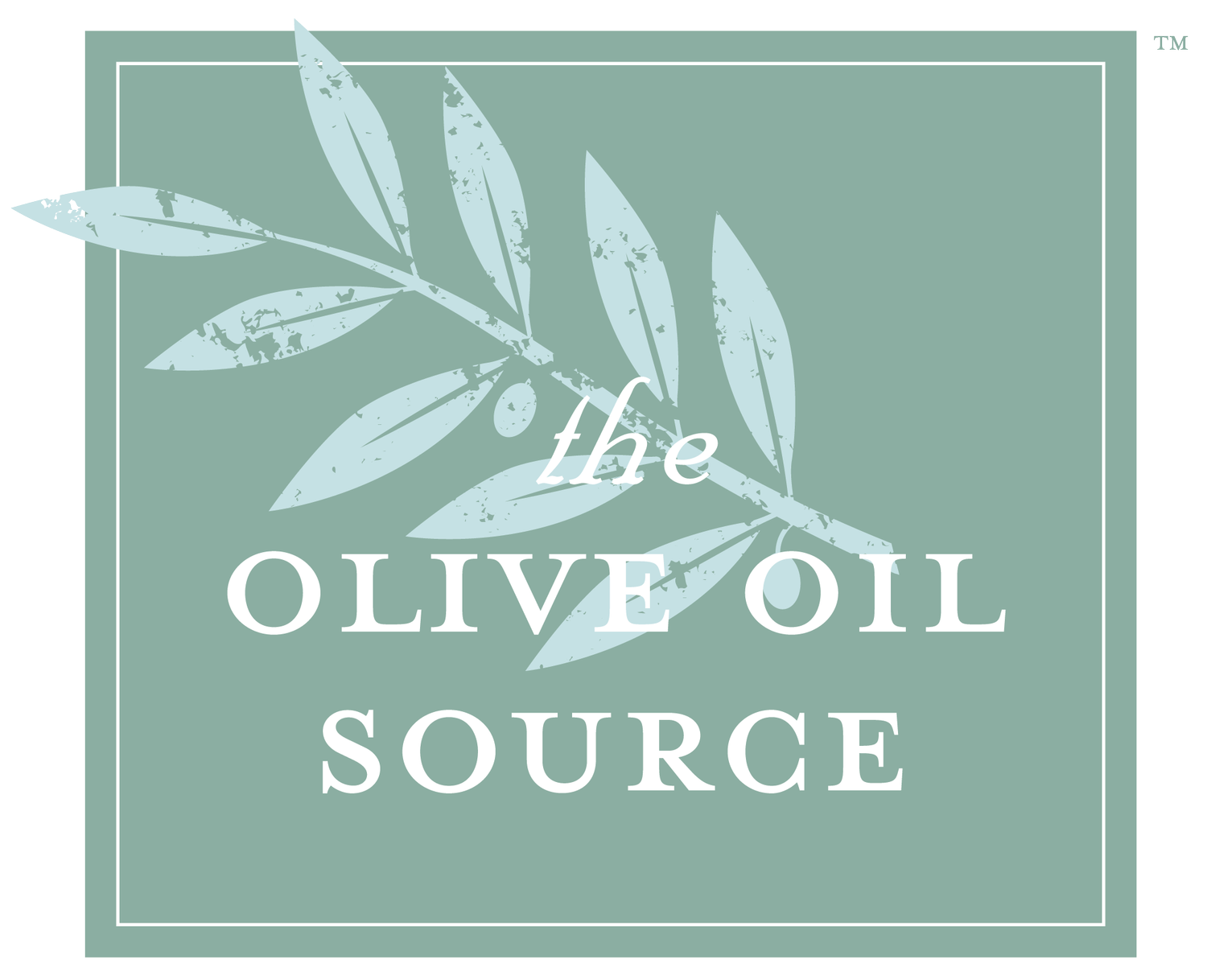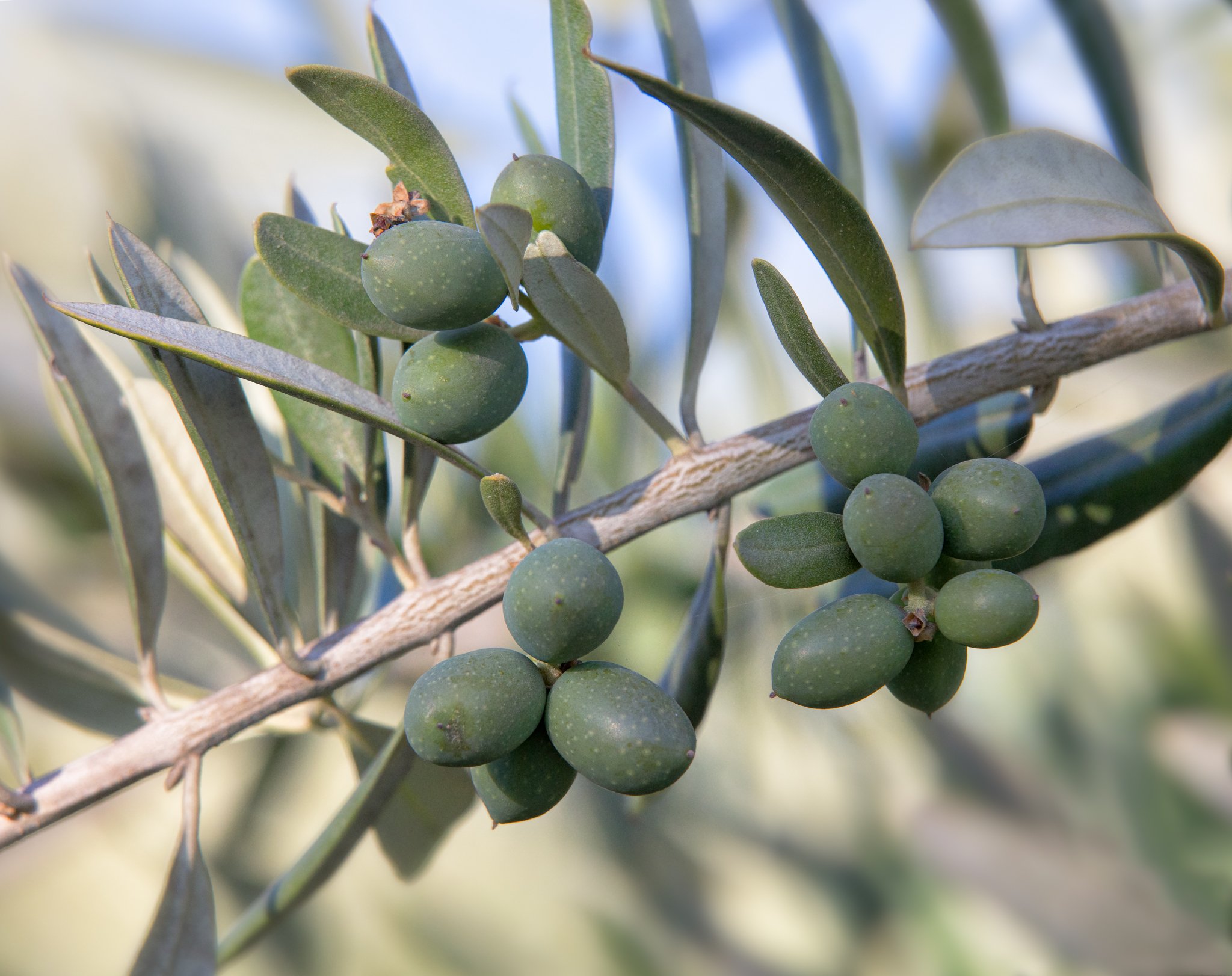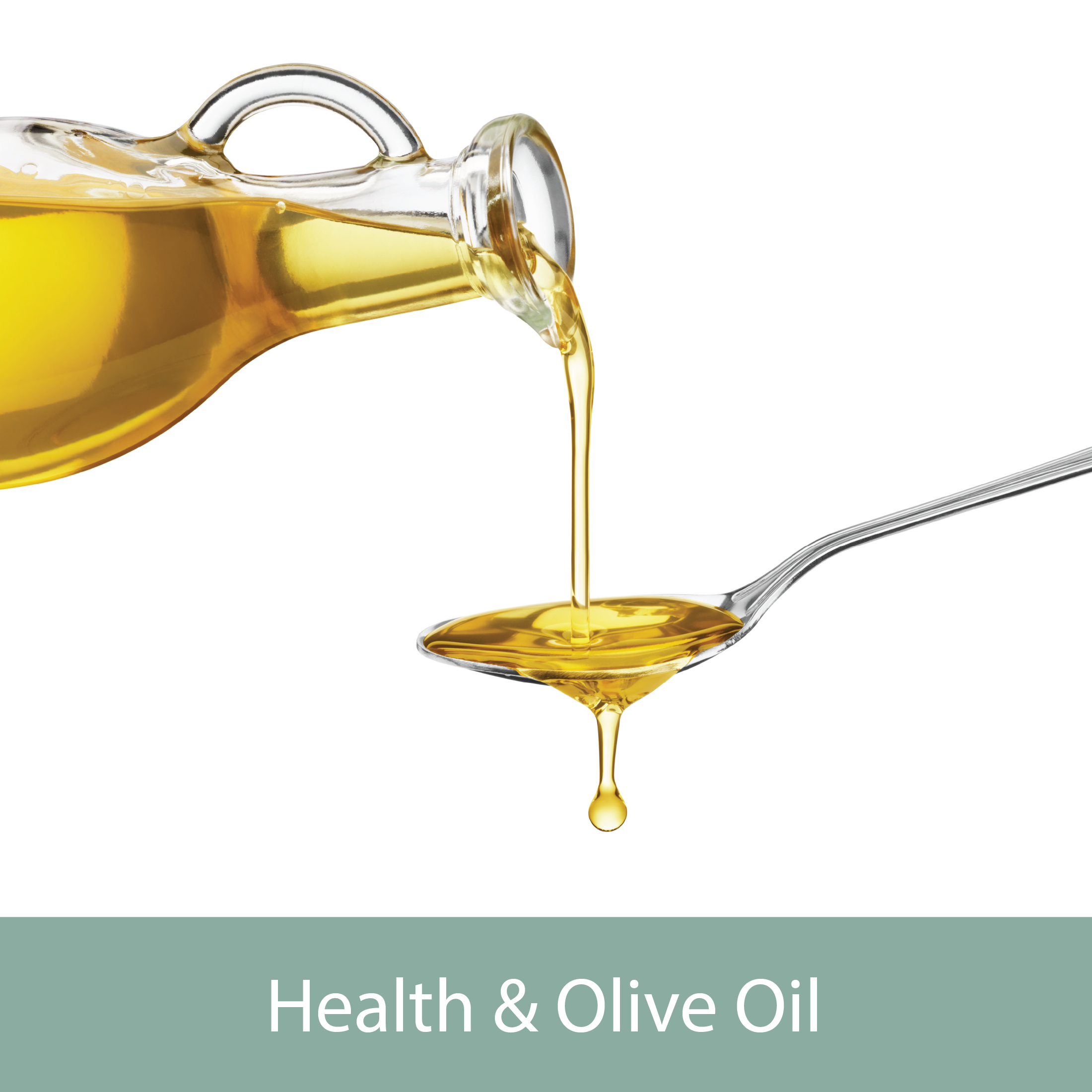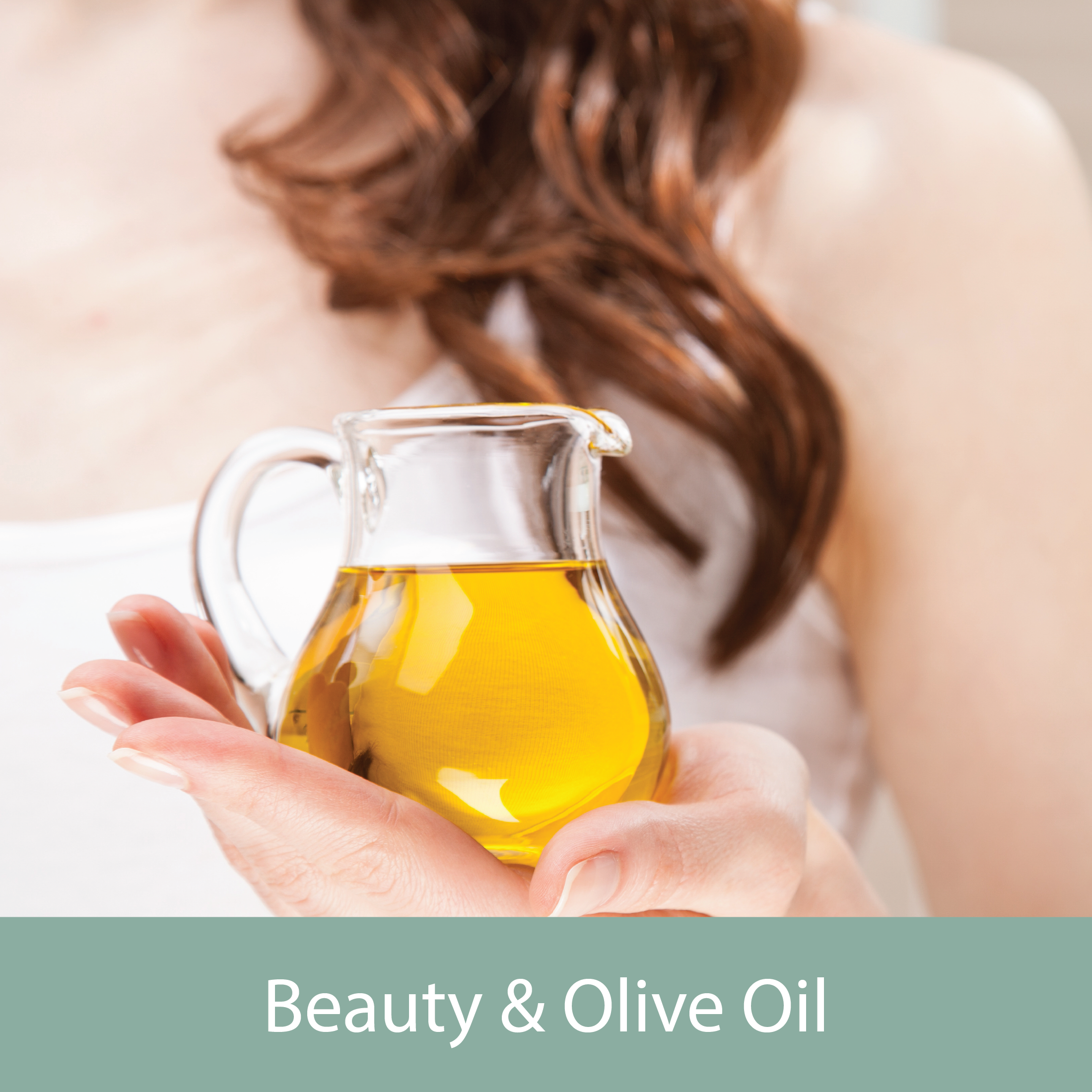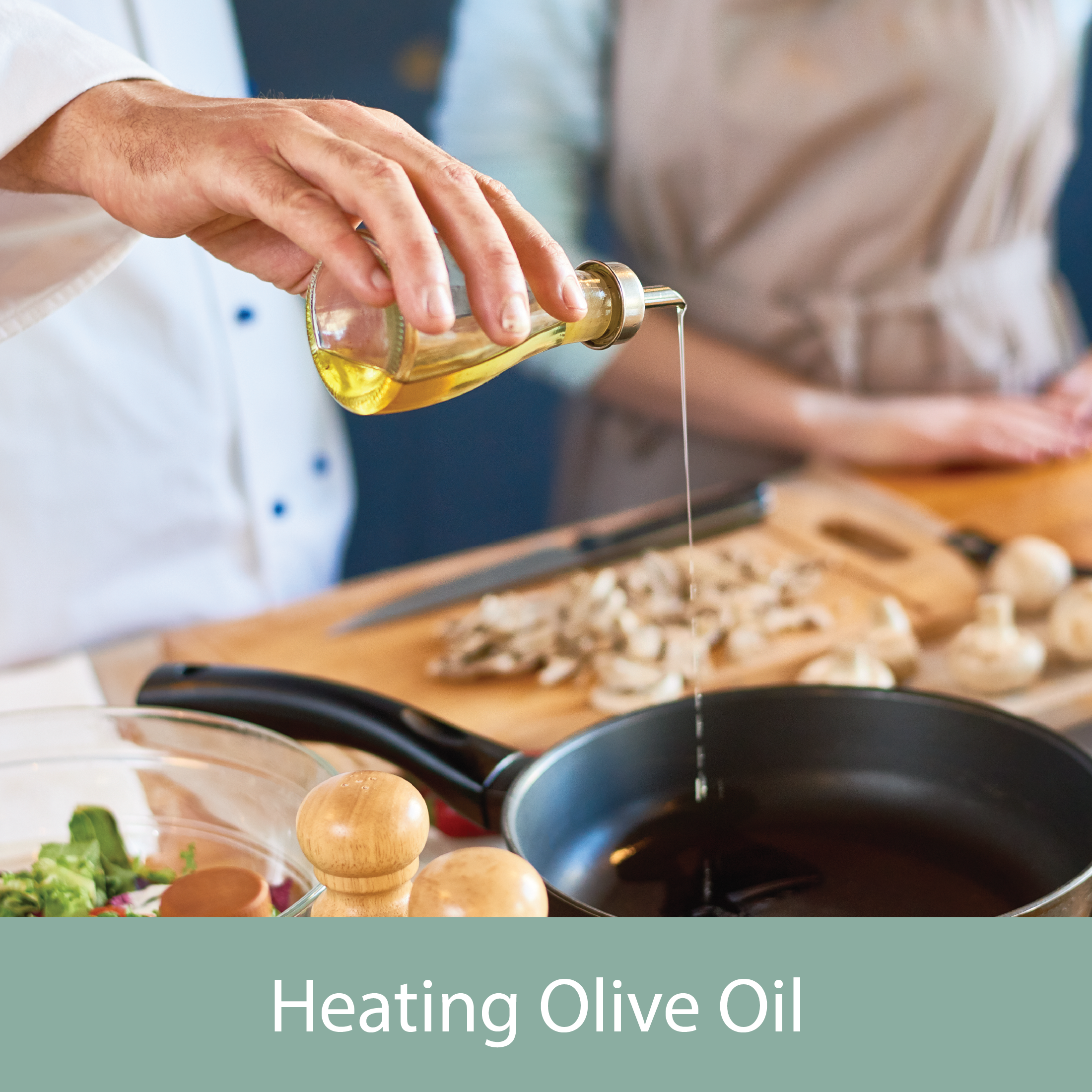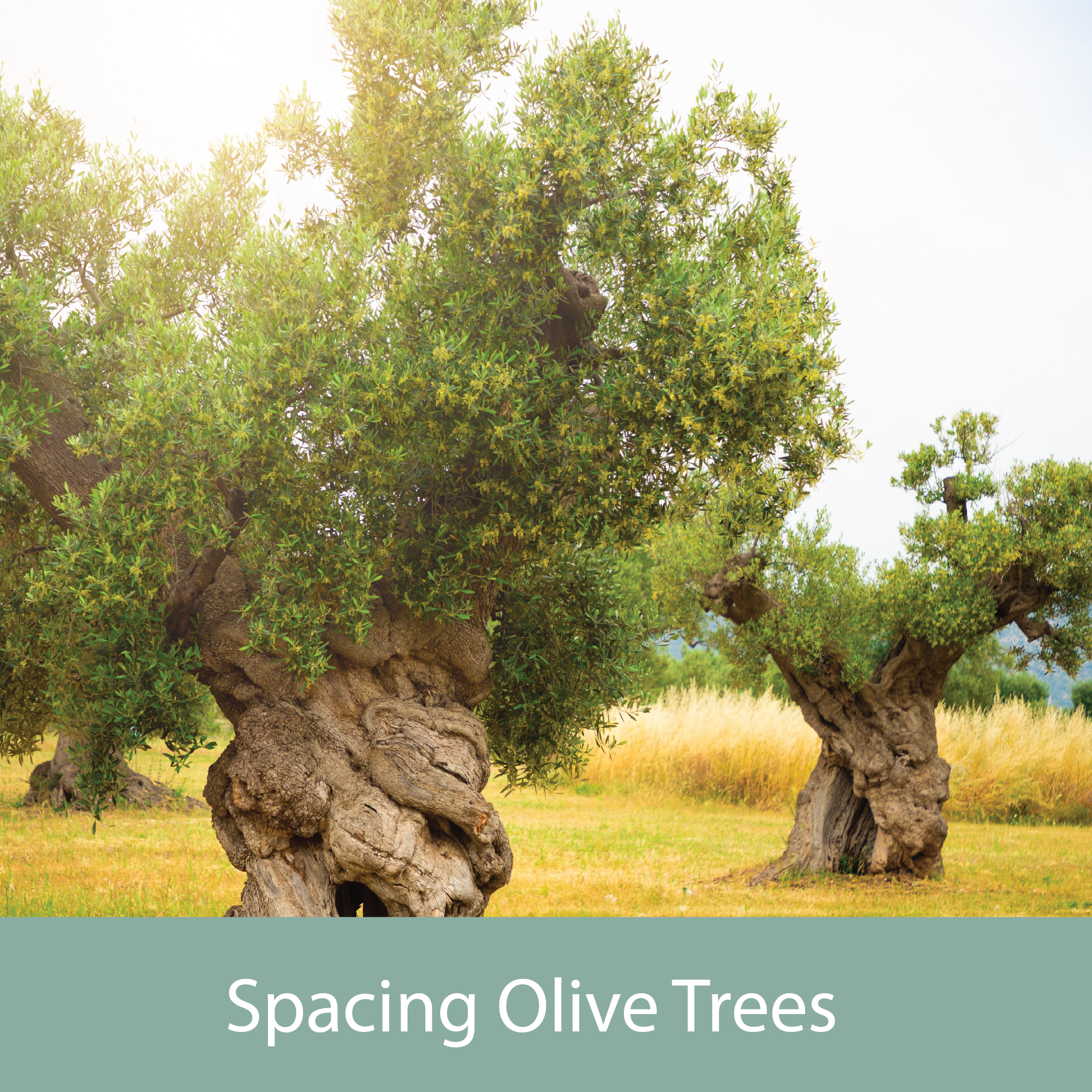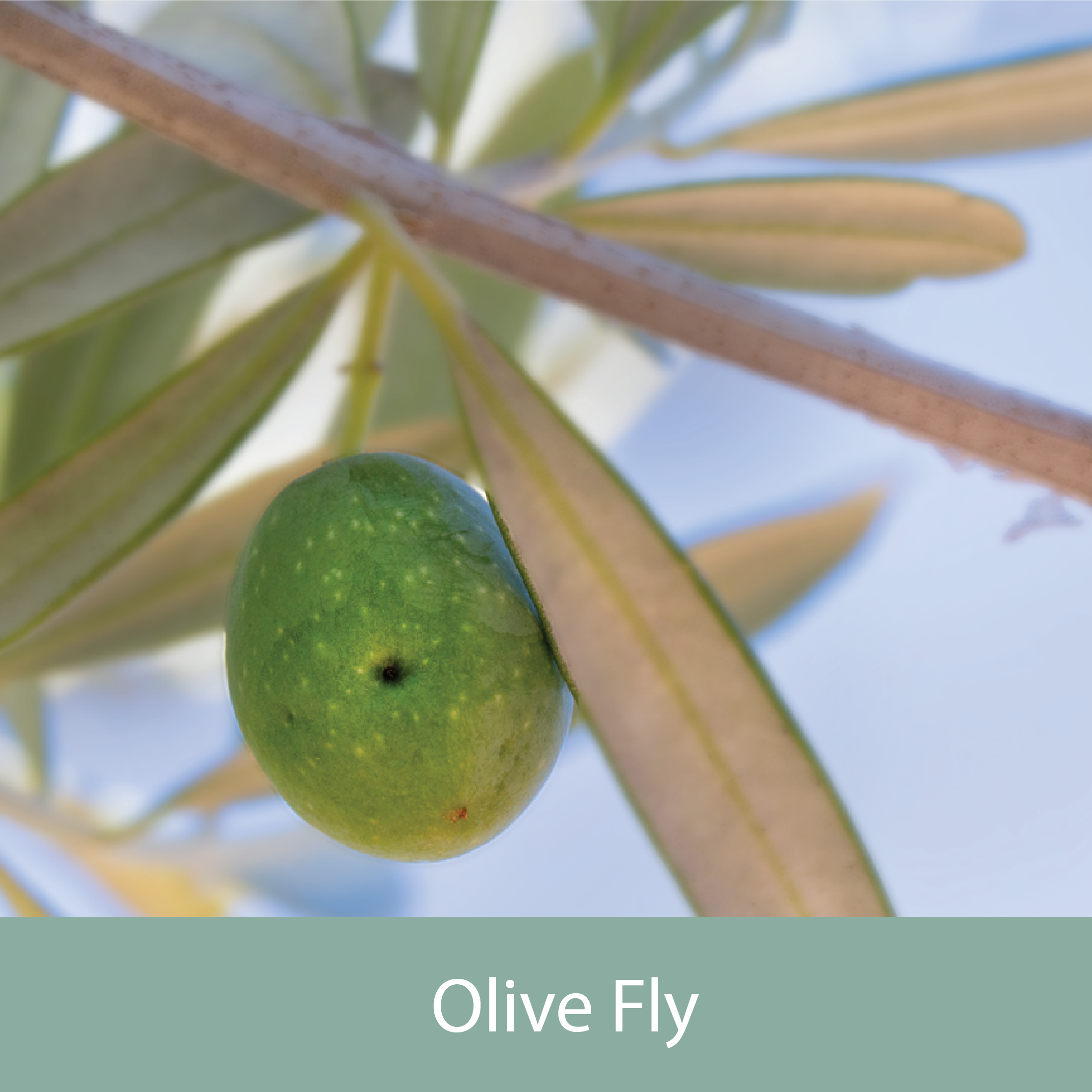Everything but the Olive
the OLIVE OIL SOURCE
The Olive Oil Source strives to be and is recognized internationally as the most comprehensive resource for products, trends, and information on everything related to olive oil. Whether you are a producer seeking information on the latest equipment, a retailer of olive oil related products, or an olive oil lover, our goal is to have “Everything but the Olive” available for you. The Olive Oil Source website was originally developed to provide information about olive oil. Adding products for sale, and eventually an on-line store came as a natural development as visitors asked us to help them find various items.
We are in the unique position of having personal experience with growing olives and maintaining an organic orchard, making olive oil, packaging and marketing it, and running a business. This allows us to provide our customers with products and information based on actual field experience. We pride ourselves on trying to help our customers be as successful as they can be rather than just sell them something. We strive to give them the best possible advice whether they want to buy a line of olive oil and vinegar products, a gift for a friend, find original wedding or party favors, buy equipment for their orchard or buy a complete line of commercial milling equipment. Please let us know if there is anything you did not find and that you would like us to help you with.
